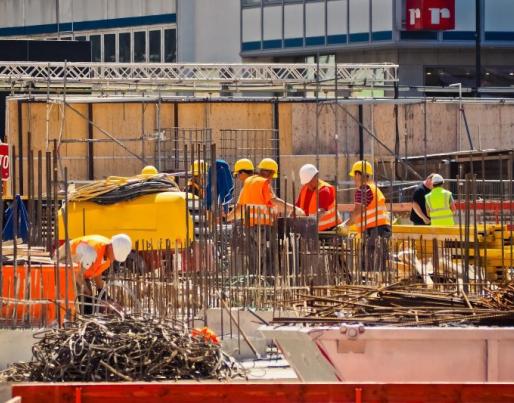The construction skills crisis in Europe and possible solutions

The construction skills crisis in Europe and possible solutions
A growing workforce crisis has been affecting the construction industry in all Europe. Construction has an image problem that is holding back recruitment when it is most needed. Mike Hayes, editor of the construction industry magazine Construction Europe, looks at possible solutions to the growing workforce crisis.
Construction is facing today a serious skills crisis, with nearly a quarter of the current workforce expected to retire in the next ten years and a significant disparity between those leaving the sector and those entering it.
At the same time, it has been identified by the European Commission as a vital driver for recovery, following the economic downturn caused by the coronavirus pandemic.
But the age-old image of construction work being dirty, dangerous and demeaning can make it seem a less than perfect career move for a younger generation that is seeing job prospects booming, with low levels of unemployment being reported in most European countries.
Construction employment trends
Construction, of course, had a problem with a shortage of skilled labour long before Covid appeared.
In 2019, the European Construction Industry Federation, FIEC, released a statement, in conjunction with 17 other industry bodies, highlighting a need for improved skills matching, for the future prosperity of the bloc. The statement said the growing skills shortage, if left unaddressed, “…will have a negative impact on innovation and productivity, both in highly innovative industry sectors and other services sectors, some of which are already confronted with the challenge of attracting motivated and competent workers.”
Today, FIEC’s director of social affairs, Christine Le Forestier, says few things have changed since the statement was written – unless it is for the worse. “The situation has been difficult, both in terms of the mobility of the workers and the mobility of supplies,” she says. “In some places it has been tougher than others; in Italy and in Ireland, for example. In these circumstances, you can expect some people will leave the industry.
Read the full article here.